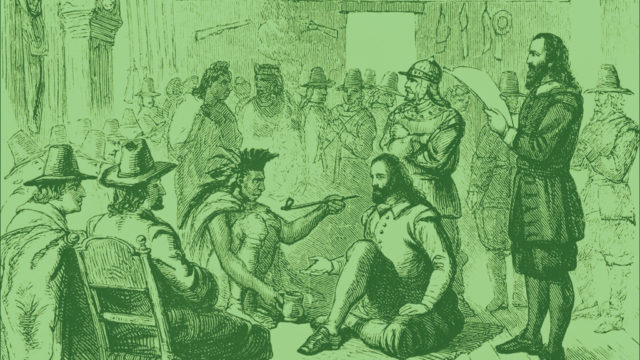Did Oregon Rep. Earl Blumenauer Just Save Legal Weed from Federal Prosecution?
By Luke Stevens
By a decisive vote of 267 to 165, the U.S. House of Representatives puff, puff, passed a far-reaching amendment on Thursday, June 21 to prevent the Department of Justice (DOJ) from sticking their beaks into state laws that allow the cultivation, sales, and recreational use of cannabis.
Shielding cannabis laws in the states that have already voted for legalization, along with Washington, D.C. and U.S. territories the amendment is attached to an appropriations bill to fund the federal government for the Fiscal Year 2020.
The measure was sponsored by Reps. Earl Blumenauer (D-OR), Eleanor Holmes Norton (D-DC) and Tom McClintock (R-CA), and it explicitly bars the DOJ from spending taxpayer money to prevent states and territories from “implementing their own laws that authorize the use, distribution, possession or cultivation of marijuana.”
Only four years ago a virtually identical proposition fell just nine votes short of passing the House floor. Now, with the number of states that have legalized cannabis more than doubled and their constituents ready to move forward with federal legalization, federal lawmakers had no choice but to take notice.
Part of the amendment package protects Native American tribal cannabis programs.
Introduced by Rep. Blumenauer who serves as founder and Co-Chair of the Congressional Cannabis Caucus, and Co-Chair of the Congressional Native American Caucus Rep. Deb Haaland, the amendment would put into place protections for state tribal medical cannabis programs under the current laws.
“Our cannabis laws are out of date and out of touch, and tribes deserve full protection from the federal government,” Blumenauer said in a press statement. “I’m very appreciative of Representative Haaland’s voice and leadership on this issue as one of the first native women in Congress, and we will remain committed to ending the failed prohibition of cannabis and ensuring tribes do not get left behind.”
Haaland also says the move strengthens the nearly century-old U.S. protection of tribal nations, as well as creating much-needed fiscal opportunities for indiginous peoples.
“Tribal cannabis programs are giving Native American communities access to diverse revenue streams,” Haaland said in a press release. “This amendment is important to ensure tribes can exercise their rights as sovereign nations and rightfully reflects that to promote self-determination while maintaining the economic opportunities that come with them.”
